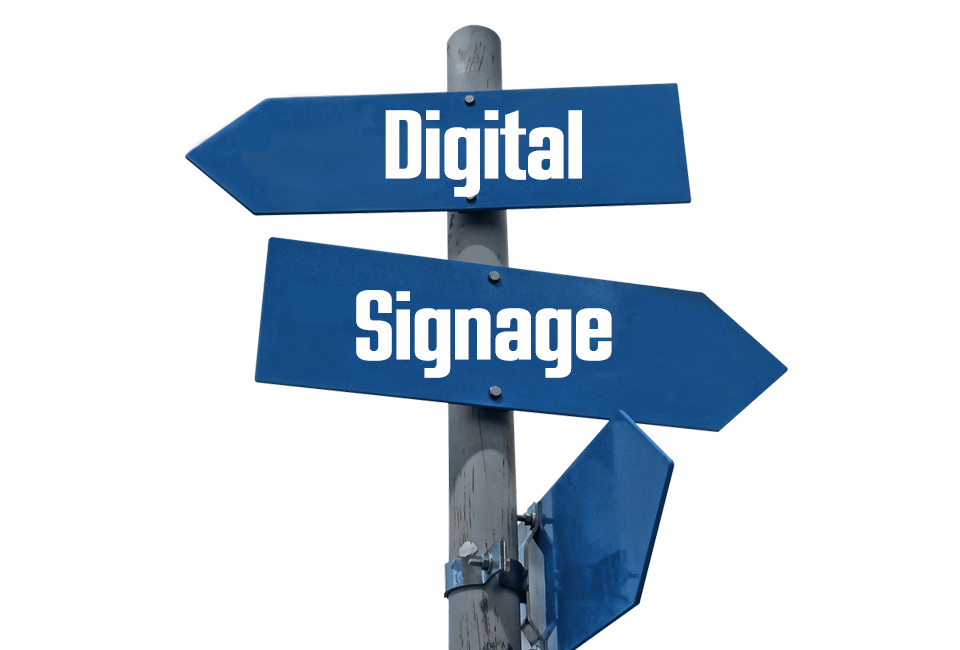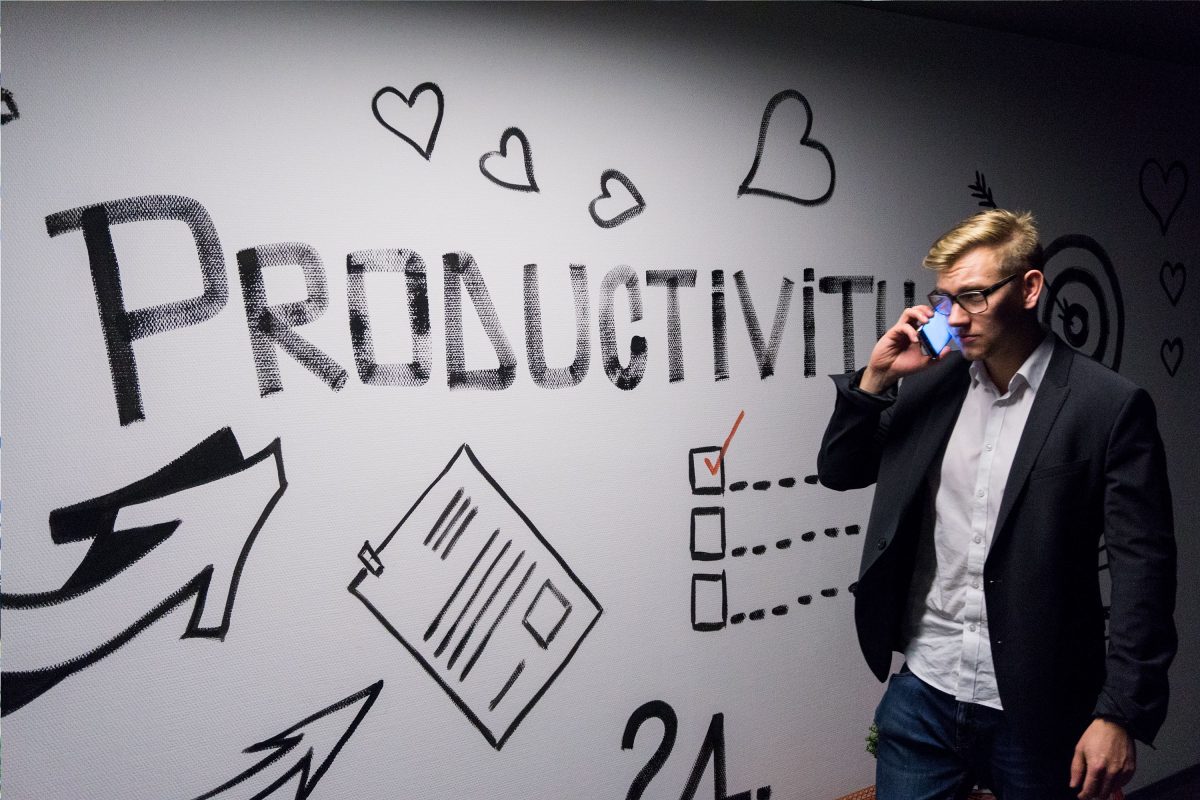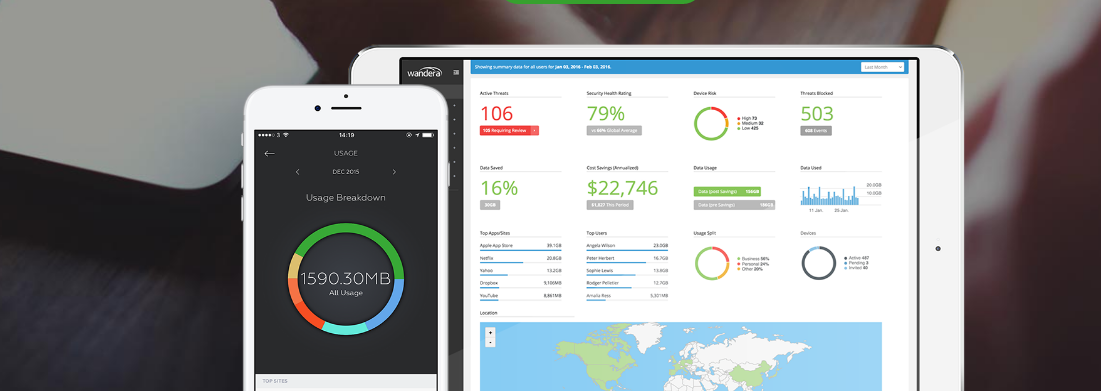
The Future of Digital Branding: Maximizing Your Online Presence
In the contemporary age of digital innovations, enterprises are in a perpetual state of adaptation to maintain their competitiveness. Among the domains where this adaptation is strikingly evident, digital branding takes the lead. An influential online presence is no longer an aspiration; rather, it stands as a prerequisite for triumph in the contemporary business milieu. To adeptly maneuver the continually shifting landscape and see the benefits of growth marketing, it is imperative to grasp the forthcoming developments in digital branding and master the art of augmenting your online footprint. This article delves into the metamorphosing strategies and emerging trends within digital branding, offering invaluable insights and recommendations for businesses aspiring to maintain their vanguard status.
The Evolution of Digital Branding
Embracing the Digital Landscape
The journey of digital branding began with the inception of the Internet. Initially, businesses focused on building static websites to establish their presence. As the online world expanded, so did the branding opportunities. Social media platforms like Facebook, Twitter, and Instagram became prominent spaces for engagement. However, the digital branding landscape has evolved even further, encompassing a broader spectrum of strategies and platforms.
Content-Centric Approach
Currently, content marketing is at the forefront of digital branding efforts. Content is king, and businesses invest heavily in producing high-quality content to engage and inform their audience. Blog posts, videos, infographics, podcasts, and social media content are now integral to digital branding strategies.
Future Trends in Digital Branding
1. Artificial Intelligence (AI) Integration
AI is set to revolutionize digital branding. By analyzing vast datasets, AI helps brands understand consumer behavior, predict trends, and automate various marketing processes. Tailoring content and marketing strategies to individual preferences is vital, and harnessing cutting-edge technology enables businesses to achieve this, resulting in an exceptionally immersive customer experience.
2. Augmented Reality (AR) and Virtual Reality (VR)
AR and VR technologies are gaining momentum in the digital branding arena. They allow businesses to create immersive experiences that enhance product demonstrations and customer interactions. For example, a clothing retailer could offer customers a virtual dressing room experience, increasing engagement and conversion rates.
3. Chatbots and Customer Service Automation
Chatbots and automation are transforming customer service. They provide immediate responses to customer queries and can handle routine tasks, freeing up human agents to focus on more complex issues. This not only improves efficiency but also enhances the overall customer experience.
4. Video Dominance
Video content continues to be a dominant force in digital branding. Platforms like YouTube, TikTok, and Instagram Reels are growing in popularity. Short-form video content is particularly effective in capturing the audience’s attention and conveying brand messages.
5. Influencer Marketing
Influencer marketing is evolving beyond celebrities to micro-influencers with niche audiences. These influencers often have more engaged and loyal followers, making them an effective choice for brand promotion.
6. User-generated content
Brands encourage their customers to generate content like reviews, testimonials, and user-generated videos. This boosts authenticity and provides social proof, which is essential in building trust.
Maximizing Your Online Presence
1. Consistent Branding
Establish clear brand guidelines and visual identities to ensure brand consistency across different digital platforms. This consistency helps build trust with your audience.
2. Content Quality and Relevance
Allocate resources towards creating top-notch content that resonates with your intended audience. Sustain a commitment to delivering valuable information via blog posts, social media updates, and videos.
3. Social Media Engagement
Be active and engaging on social media platforms. Respond to comments, engage with your followers, and build a community around your brand.
4. Mobile Optimization
Ensure that your website and content are mobile-friendly. With the increasing use of smartphones, a mobile-optimized experience is critical for your online presence.
5. SEO Strategy
Develop a robust SEO strategy to ensure your content ranks well on search engines. This is crucial for organic traffic and visibility.
6. Email Marketing
Email marketing remains an effective tool for maintaining customer engagement. Personalized and targeted email campaigns can help retain and convert customers.
7. Data Analytics
Leverage data analytics to understand your audience better. Analyze user behavior, track key performance indicators, and adjust your strategies accordingly.
8. Online Reputation Management
Monitor what is being said about your brand online. Address negative feedback professionally and promptly and foster positive reviews.
The Role of Best Cloud Backup
Data security and continuity are paramount in the fast-paced digital branding world. One aspect that often goes unnoticed but is crucial is data backup. The best cloud backup solutions discreetly assume a critical function in fortifying your brand’s digital assets and guaranteeing uninterrupted business operations when confronted with unexpected circumstances.
During instances of data loss arising from hardware malfunctions, cyber threats, or unforeseen calamities, cloud backup solutions promptly recover your crucial data. This serves as a critical contingency, averting operational disruptions and preserving the integrity of your brand.
Furthermore, data security remains a paramount concern for both enterprises and individuals. In light of the growing occurrences of data breaches, ensuring the security and privacy of customer information remains a fundamental pillar in establishing and maintaining trust. Leading cloud backup solutions employ cutting-edge encryption and security measures to safeguard your data from potential unauthorized access.
Conclusion
Technological advancements and evolving consumer preferences mark the future of digital branding. To stay ahead in this dynamic landscape, businesses must adapt and leverage the latest trends and technologies. AI, AR, chatbots, and video content shape the digital branding landscape. Additionally, a strong online presence requires consistent branding, high-quality content, and engagement on social media platforms.
Amidst the dynamic landscape of digital branding, there are enduring priorities, among them the imperative of safeguarding data and upholding seamless operations. Unobtrusively, top-tier cloud backup systems assume a pivotal function in guaranteeing the security of your brand’s digital resources, fortifying your image, and maintaining the uninterrupted flow of your business operations.
To sum up, the trajectory of digital branding hinges on innovation, data-driven strategies, and a relentless commitment to delivering substantial value to your audience. Embracing cutting-edge technologies and ensuring the security of your digital assets through top-tier cloud backup solutions can bolster your online footprint and fortify your lasting triumph in the digital landscape.



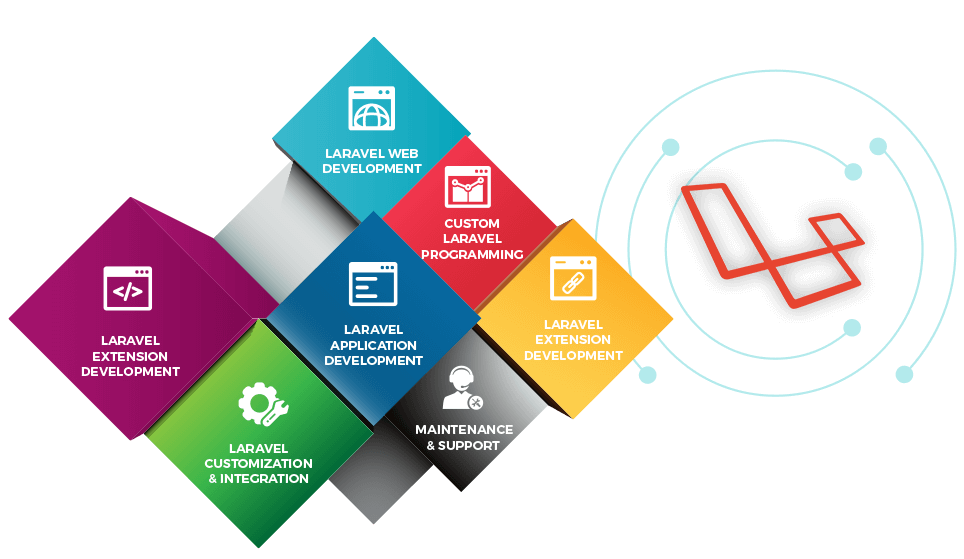
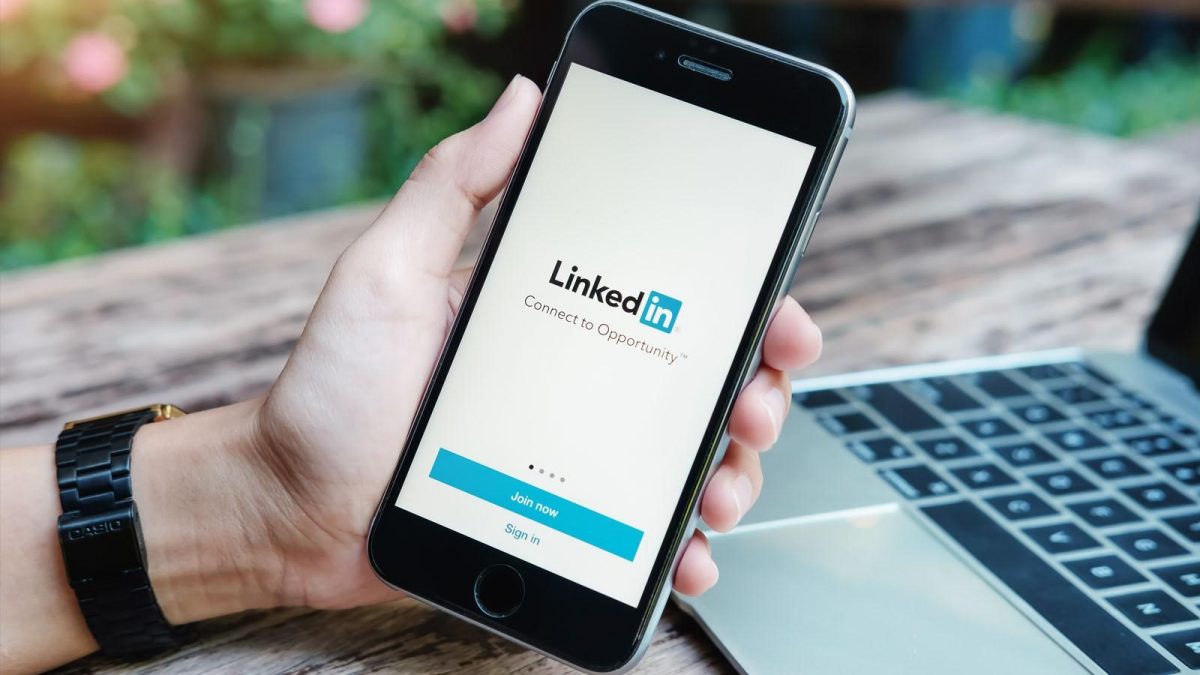

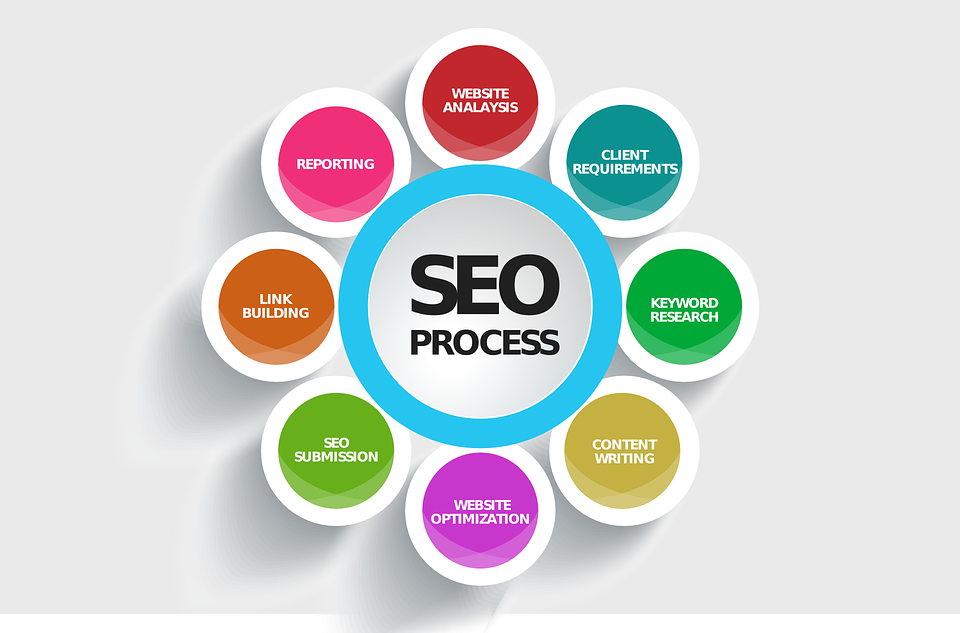
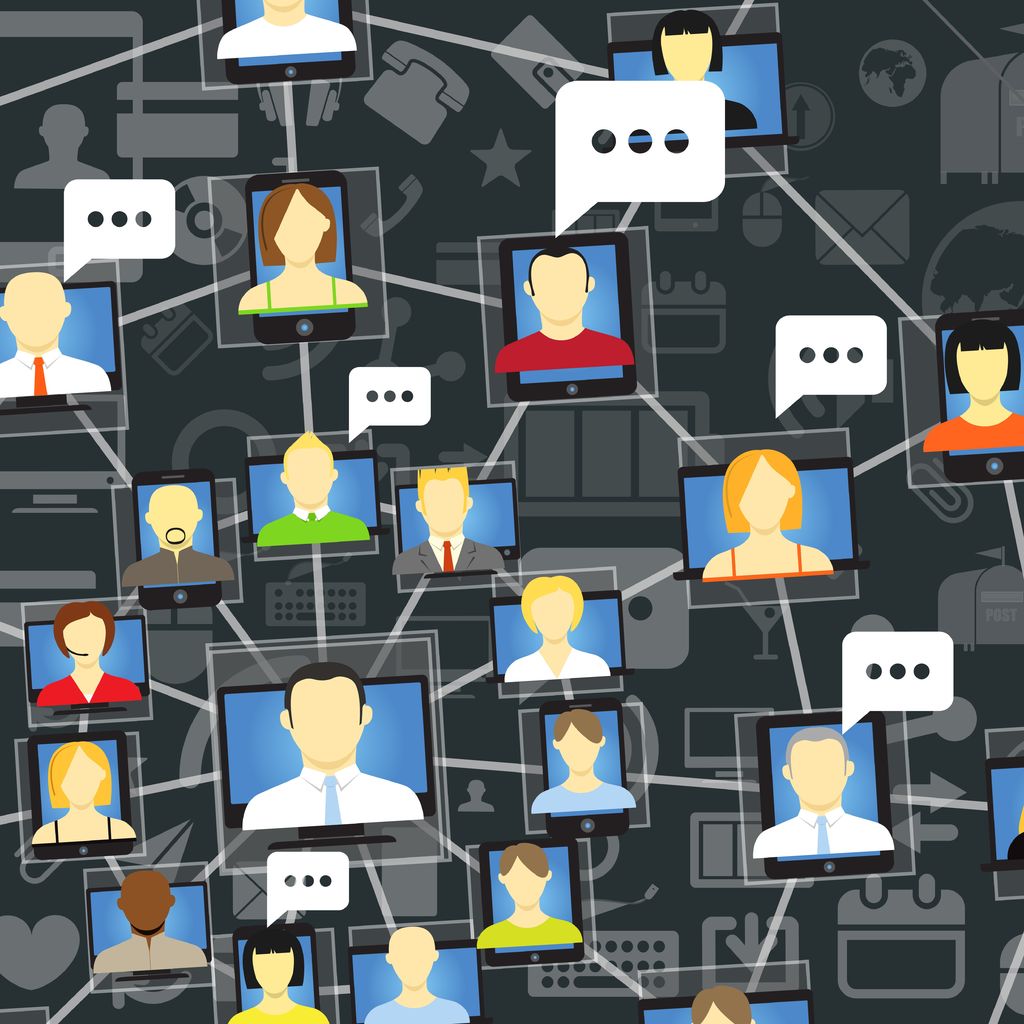
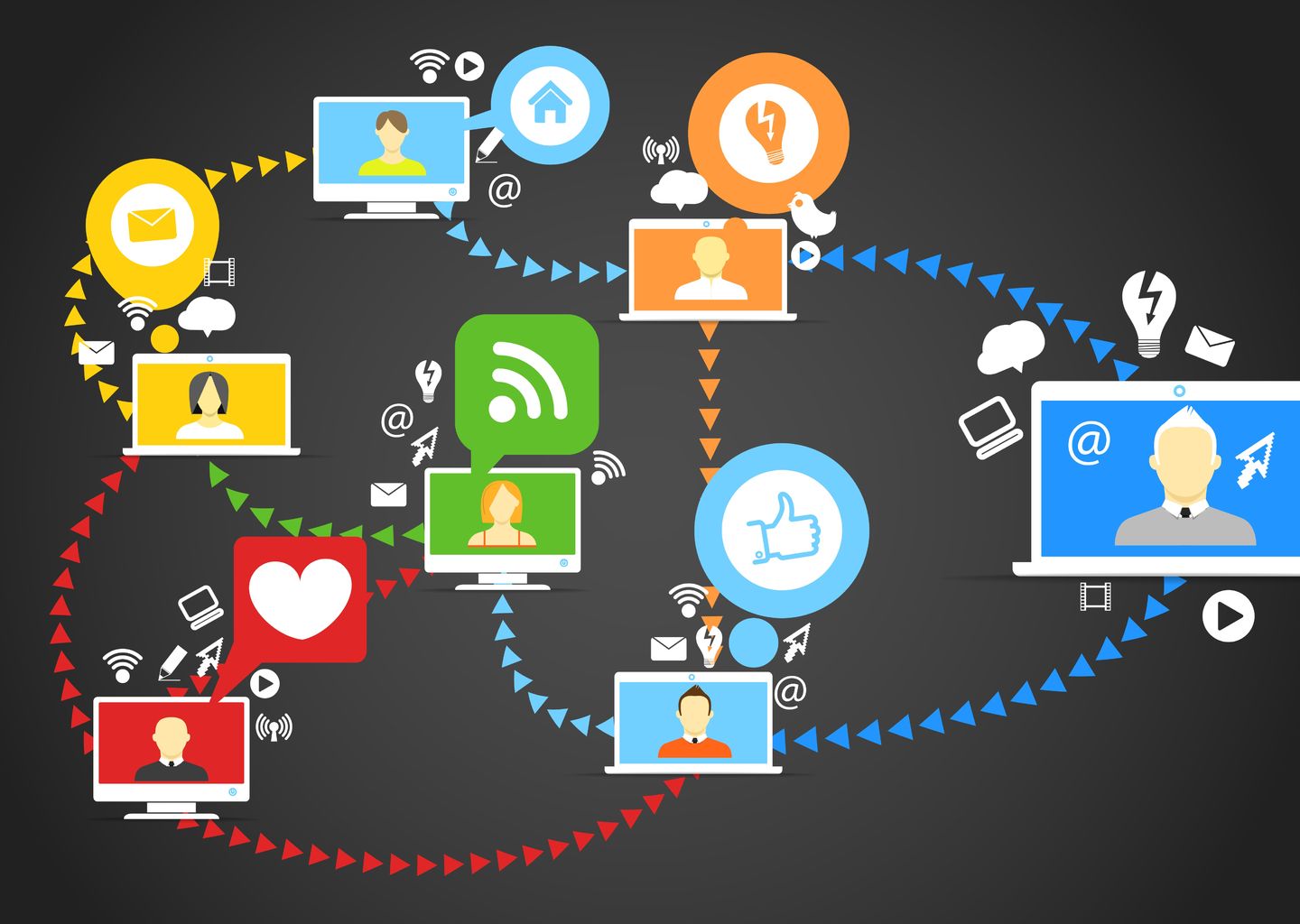 9. Market Keep
9. Market Keep 

